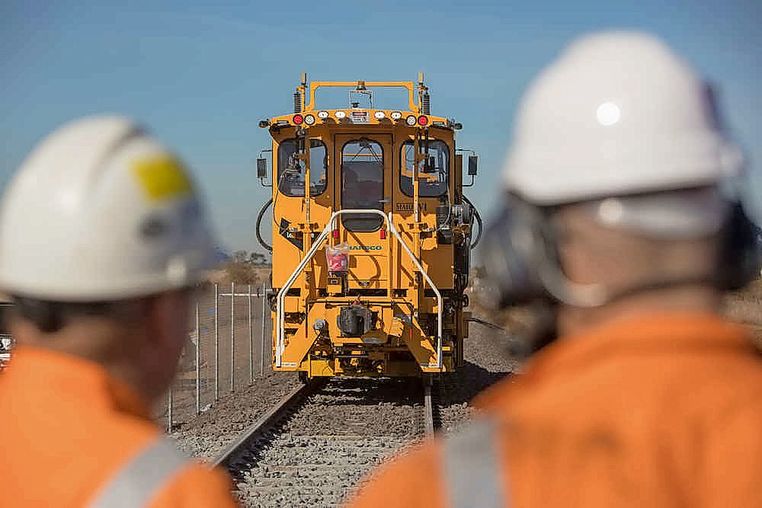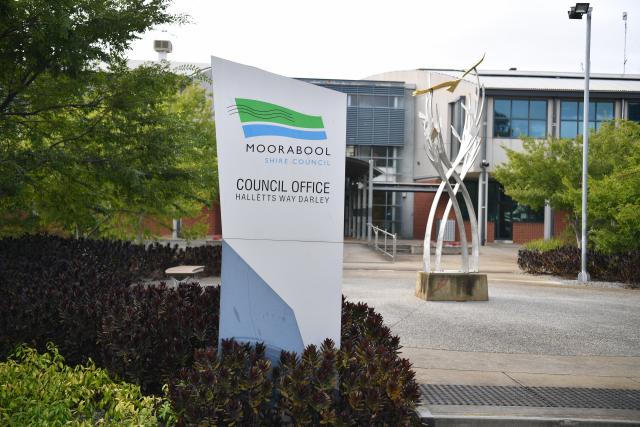Melton council is calling for the state government to move on the electrification of the rail line to Melton after Infrastructure Australia ranked it a priority.
The national body last week released a list of 121 of the country’s most significant infrastructure proposals to guide investment.
The Melton rail line upgrade was listed among the “priority initiatives” in Infrastructure Australia’s report.
It stated that electrification of the line would help address overcrowding on the V/Line service, which would be unable to cope with projected growth in passenger numbers in the next decade.
Melton planning and development general manager Luke Shannon said the upgrade had long been high on the council’s wish list.
“As one of Melbourne’s fastest-growing municipalities, Melton needs a metropolitan-standard rail service,” he said.
“The upgrade of the rail line will allow more people to use public transport to access key employment areas in the CBD and inner-Melbourne suburbs and free up capacity on the road network.
“Council is appreciative of the state government’s commitment to fund the business case for the Western Rail Plan, which would include electrification of the Melton line, but calls on the government to include the business case in its 2019-20 budget, along with timelines for construction.”
State Opposition Leader David Davis said Melton commuters had “suffered through the worst punctuality performance on record”.
“Not only are trains consistently late, passengers have also faced mass cancellations and being jammed into train carriages like sardines,” Mr Davis said.
The Ballarat Line upgrade also made the list of priority projects. It already has a business case and includes duplication between Deer Park and Melton, due to be completed this
year.
Infrastructure Australia chair Julieanne Alroe said the projects and potential infrastructure solutions identified in this year’s list were responses to population growth and a need to reduce congestion.
“Congestion in our cities and faster-growing regional centres not only has significant consequences for the Australian economy, but has direct impacts on communities, reducing people’s access to education, health services, employment and other opportunities,” she said.
Details: infrastructureaustralia.gov.au

















